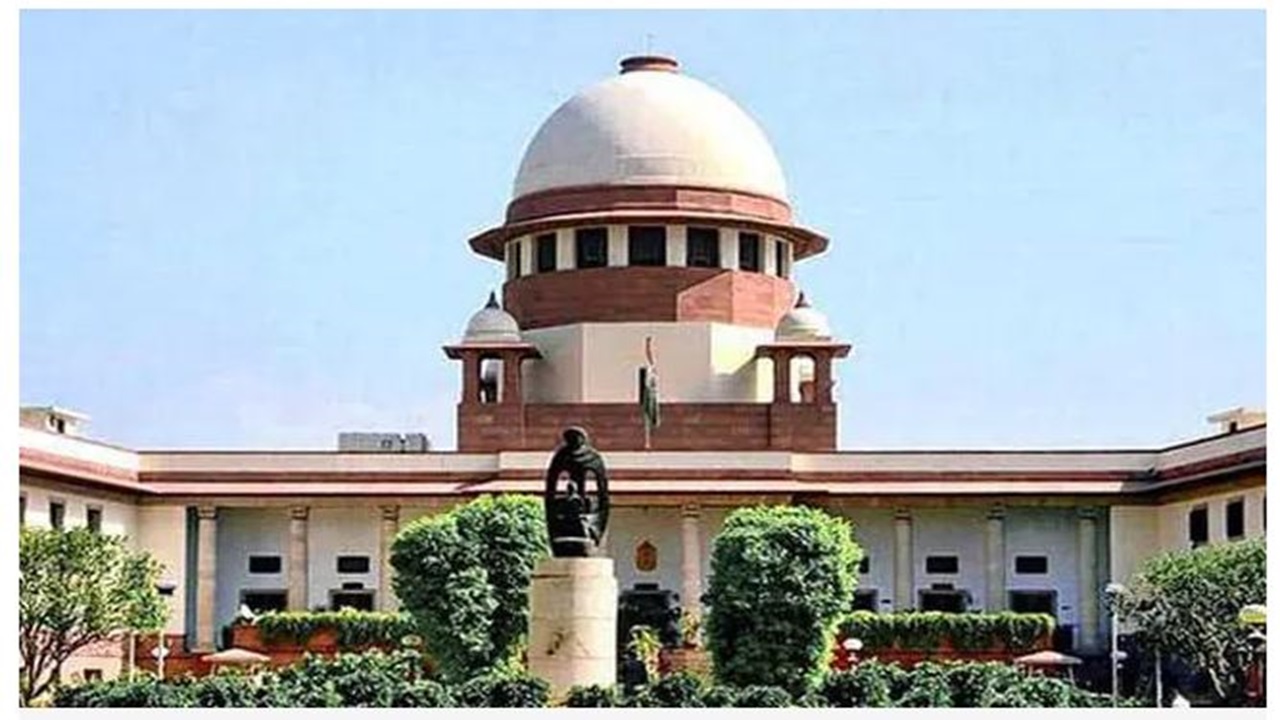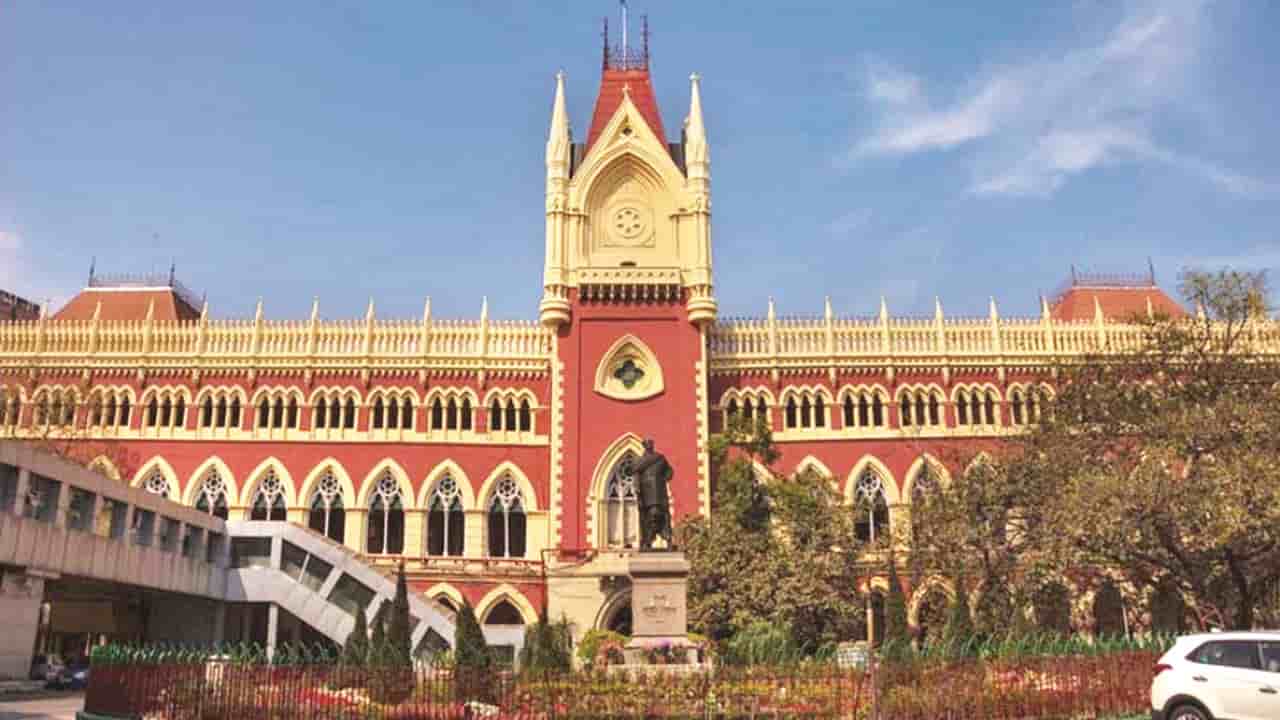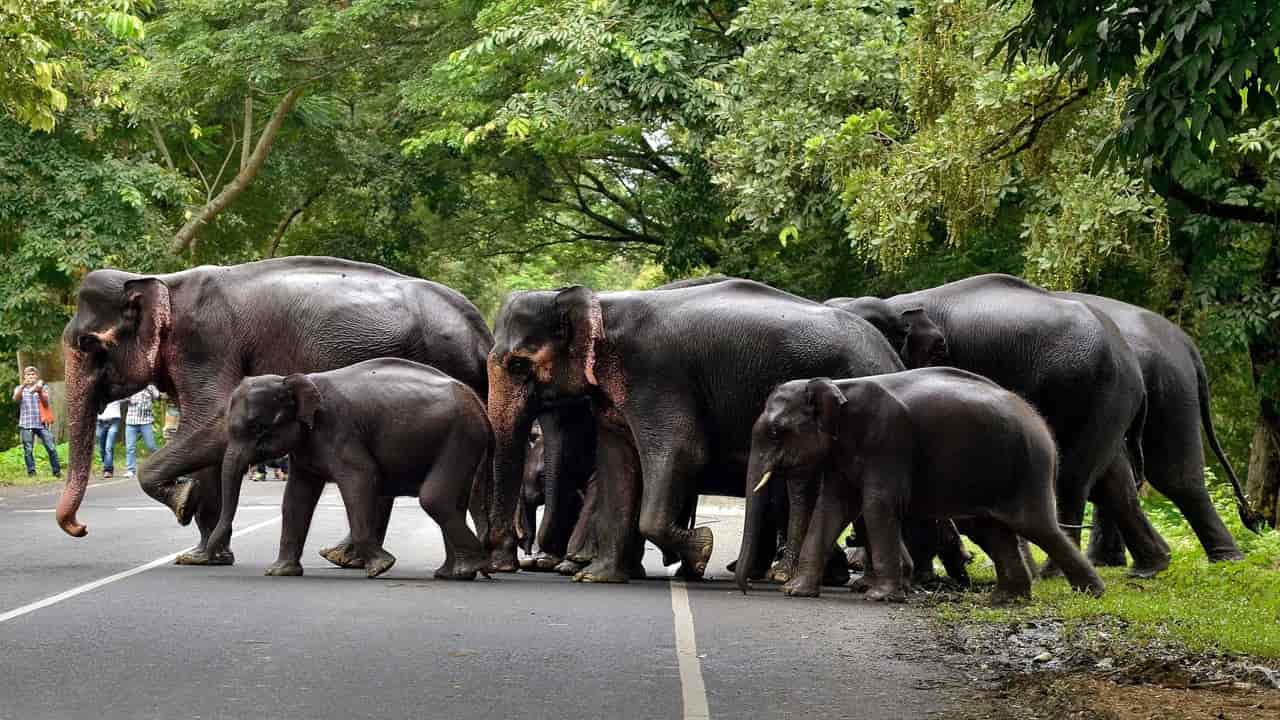.webp)
Chief Justice of India DY Chandrachud has advised lawyers that while recruiting juniors in their chambers, they must mark a break from the past and give a chance to the marginalised youth, who lacked cultural capital, which their more affluent counterparts have.
Speaking during the bicentenary celebrations of the Bar Library Club of Calcutta High Court on Friday, the CJI observed that a level-playing field would open up the legal profession to those without connects. That is when the judiciary would become a truly equal opportunity employer.
He said that in his interaction with his law clerks, he learnt more from them than he was able to teach them since the younger generation reflected the voice of society.
Speaking on the payment made to juniors by the lawyers, he said it must commensurate with the work being put in by them.
He noted that juniors came to work to be able to make a dignified living, so that they did not have to cut corners to make that little bit extra to survive in big cities like Calcutta or Mumbai.
Speaking as part of a panel also comprising Chief Justice of the Calcutta High Court TS Sivagnanam, the CJI acknowledged the contribution of institutions such as the Bar Library Club to the justice delivery system in India, not just at the Calcutta High Court, but also at the CJI's parent HC, the Bombay High Court, as well as the Supreme Court of India.
He recalled various legal luminaries from Bengal, such as Sir Ashutosh Mookherjee, Justice Chittatosh Mookherjee and WC Bonnerjee, who was the founder of the Indian National Congress.
He recalled that when he was a young lawyer, the Bombay High Court had boycotted a few High Court judges because it was believed that they had transgressed the line of judicial behaviour. Justice Chittatosh Mookherjee at the time said that he would withdraw all judicial work from those judges, he said, adding that Justice Mookherjee, who was away from his parent High Court, had decided to take such a bold step, just because his Bar had expressed objection to those judges.
He talked about the Bar Library Club's traditions through the words of Deshbandhu Chittaranjan Das, who was the counsel defending Aurobindo Ghose, an accused in the Alipore Bomb blast.
The CJI said that Deshbandhu Chittaranjan Das in his defense of Sri Aurobindo in the Alipore Bomb blast case stated that the accused did not bstand in the Bar of the High Court but in the Bar of history. Long after he was gone, he would be looked upon as the poet of patriotism, the prophet of nationalism and the lover of humanity.
What did the Bar Library club symbolise? The tradition was of being not just a professional body but a literary body, embodying within itself poets of patriotism, prophets of nationalism and lovers of humanity, he added.
The CJI said that earlier, institutions such as the Bar Library Club would be designated as a male-only space till trailblazers such as (Late) Justice Leila Seth and Justice Ruma Pal made their way to the helm of the legal profession. He further remembered a resolution which was adopted by the Bar Library Club as early as 1860, decreeing that any conversation which took place within the club would not be repeated outside.
Speaking about women participation in the legal field, he said that 36 percent of lawyers at the district level were now women. Even in rural areas, almost 60 percent of women were participating in competitive exams.
Stressing on the pressing need to ensure that the judicial institutions were inclusive, the CJI said it was disturbing to note that even after the presence of female lawyers, amenities catering to their needs were lacking. Women often had to balance their professional and personal lives. It could be a daunting exercise. The expectation for them to shoulder both roles required support from the legal institutions, he added.
The CJI recalled that in its 75-year history, the Supreme Court had only designated 13 women as senior counsel, but earlier this year, there were 12 women who were elevated as senior advocates.
He further spoke on the lack of professionalism amongst advocates and stated that common citizens felt that adjournment has become a normal part of the judicial system. This leads to delays in providing justice and eroded the public's trust in the system, he added.
The CJI stated that the Bar Library Club, which was established in 1825, predated the Calcutta High Court, meaning that while judges may come and go, they were just pilgrims on the path of justice, but the Bar was forever, founded on the principles of society - justice, liberty, equality and fraternity.
Supreme Court judges Justice BR Gavai and Justice Dipankar Datta were present among others on the occasion
.png)
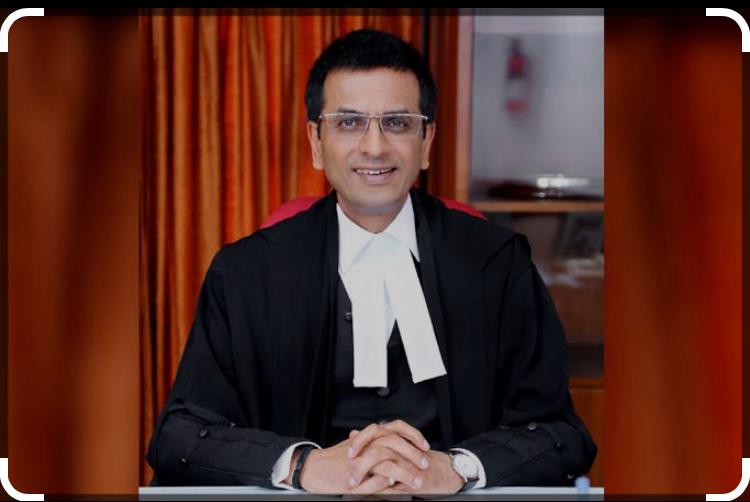
.jpg)
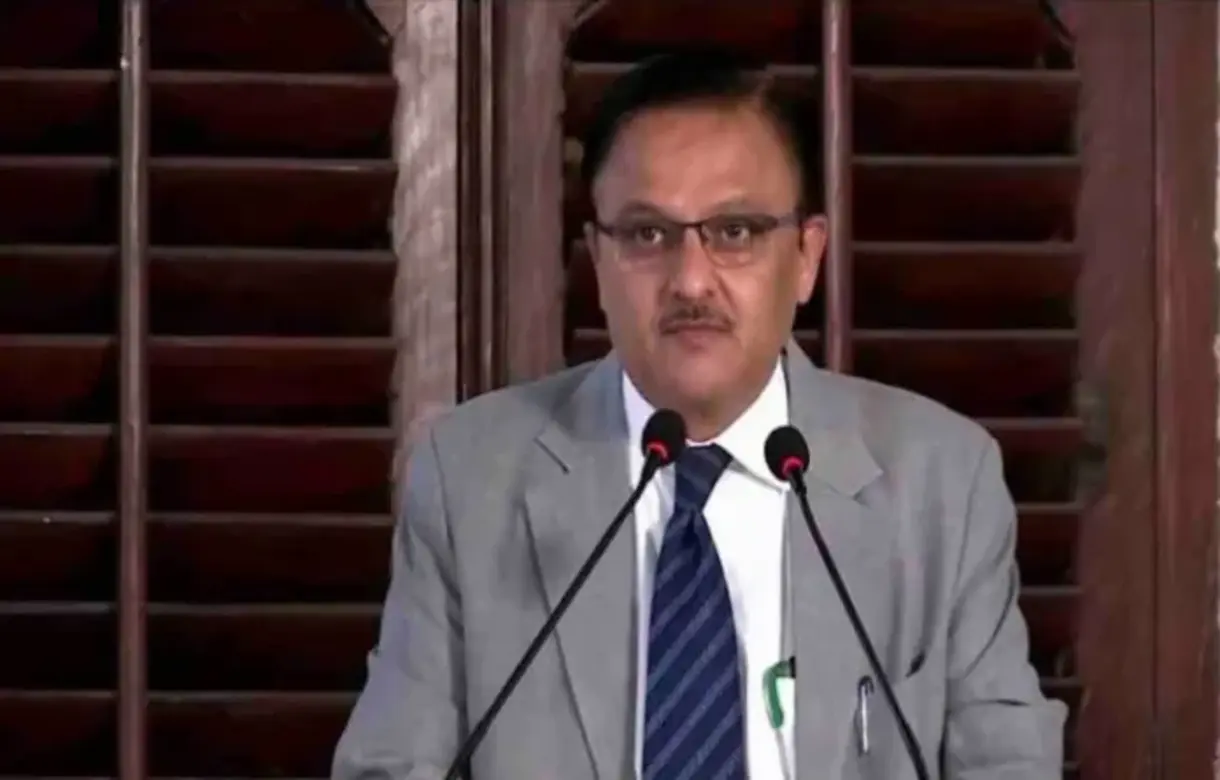
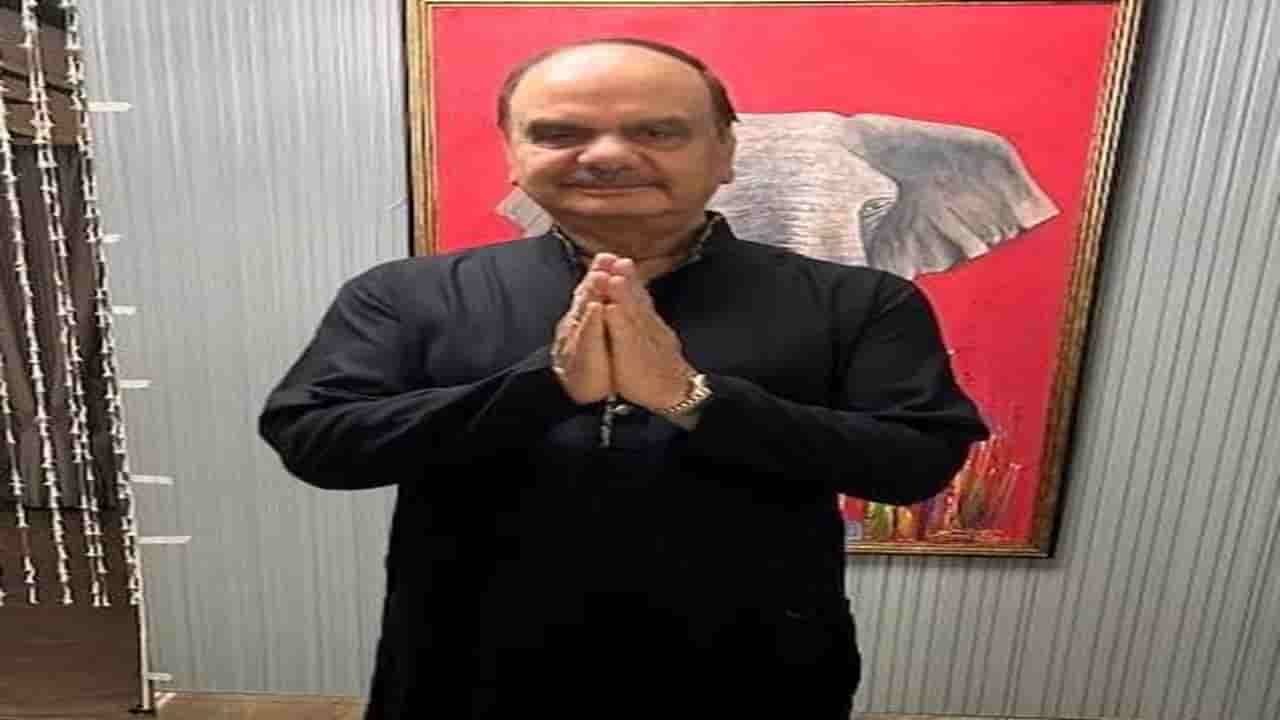
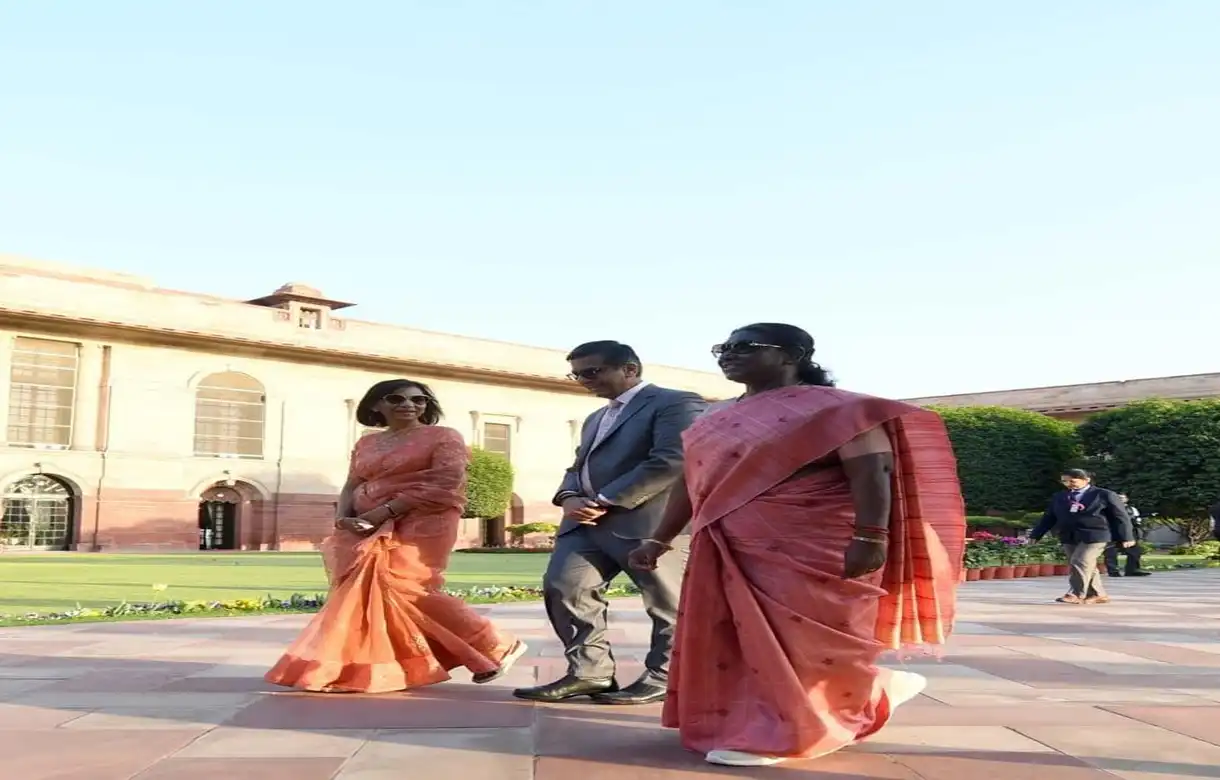
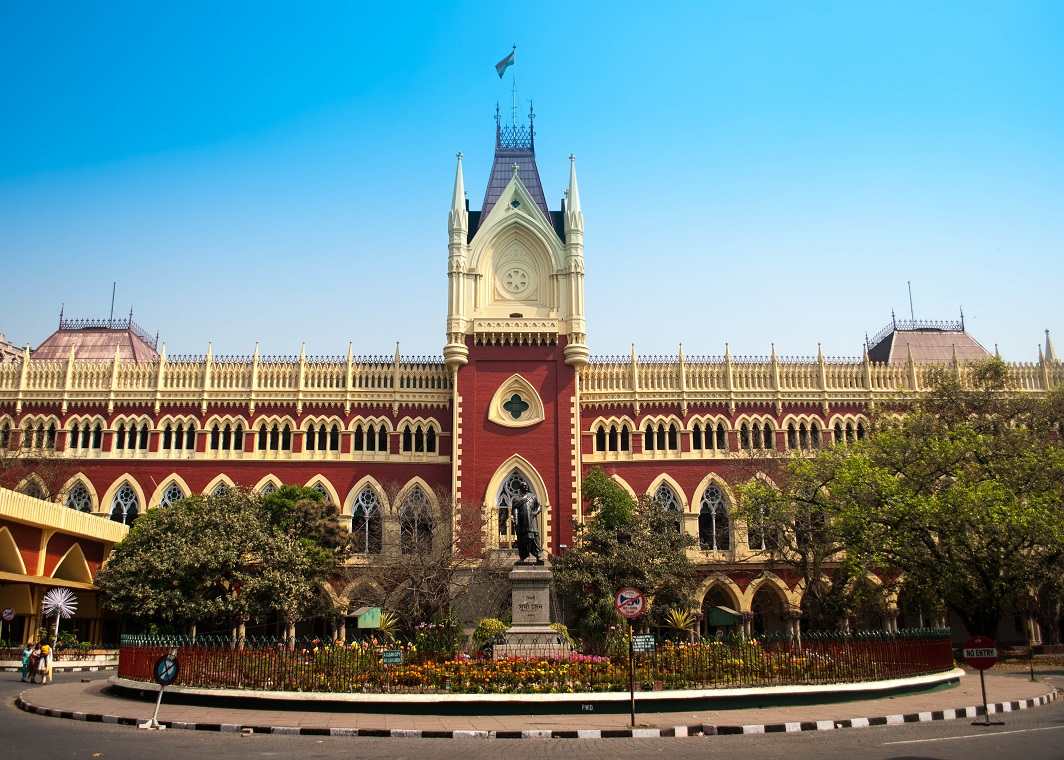
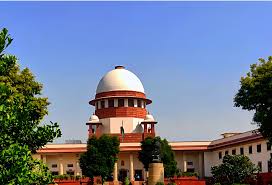
.jpg)
.jpg)
.jpg)
_(1).jpg)
